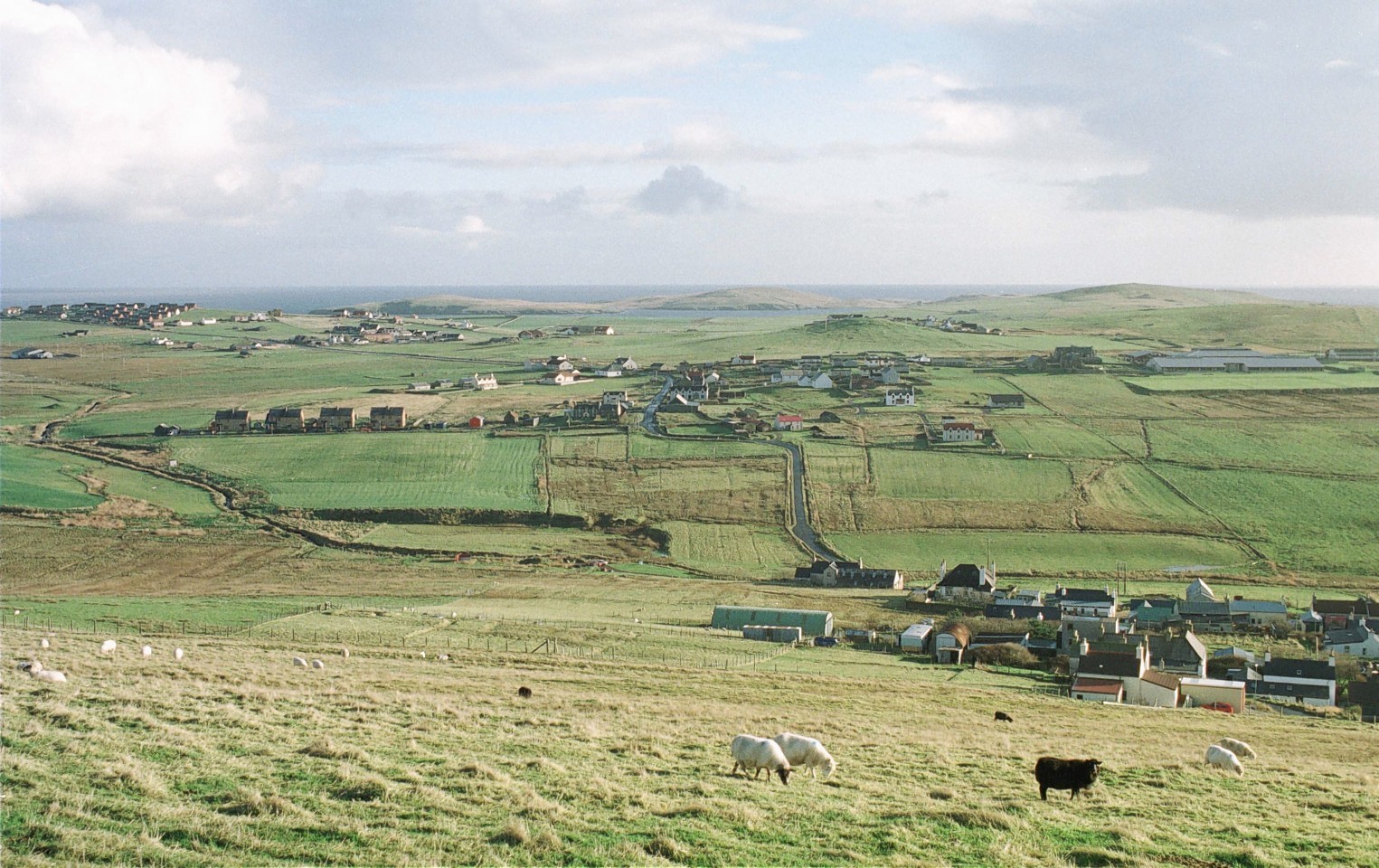Police are hunting fossil rustlers on Orkney who have removed some of the oldest known remains of early life on earth.
The damage was caused to an area at Yesnaby, Sandwick on West Mainland where 400 million-year-old stromatolite fossils are found.
A stromatolite is a living pillar of bacteria, specifically cyanobacteria – formerly called blue-green algae.
It is though that rock containing fossils has been removed some time in June, but only discovered now.
The Orkney site is classified as a Site of Special Scientific Interest (SSSI) and is protected under the Nature Conservation Act 2004, which means it is an offence to intentionally, or recklessly, damage the site.
Police said anyone with information, or who witnesses people acting suspiciously around any SSSI, should contact them via 101.
Fossil thieves are a constant problem in Scotland.
Earlier this year locals on Skye were asked to become dinosaur detectives to help safeguard vulnerable fossil sites from reckless collecting.
Skye is the only place in Scotland from which dinosaurs have been found.
Known as the “dinosaur isle” due to its rich heritage of fossil sites particularly from the Jurassic period, Skye is also a prime target for fossil thieves.
In 2011 police hunted fossil rustlers who smashed protected sites on the isle in a hunt for valuable dinosaur remains and other specimens.
The raid of 145-million year old relics was uncovered by Scottish Natural Heritage.
At least one dinosaur footprint is known to have been stolen in the raids on the island.
